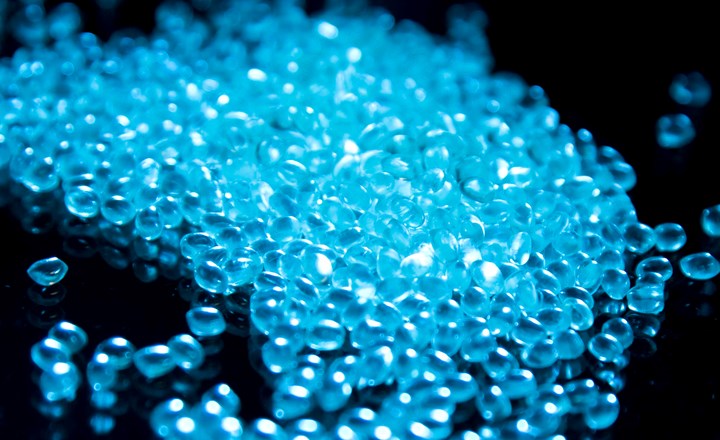Light Stabilizing Masterbatches for Polyolefin-Based Molded Automotive Components and More
CAI’s new HALS additives in concentrate form are concentrate form for compounders do not generate VOC or unintended odors.
Two new proprietary ‘premium’ light stabilizing additive concentrates targeted to the production of polyolefin-based compounds for automotive components and other applications are newly available from Massachusetts-based CAI Performance CAI Performance Additives, the sole North American distributor of China’s Starbetter Chemical Materials.

Both additives deliver hindered amine light stabilizers (HALS)) in a masterbatch format. Product ST-LST350 contains a single HALS while ST-LST850 contains two HALS in equal proportions. Both feature an additional active ingredient which can enhance polymer compatibility. According to CEO Richard Marshall, the key to these additives is they are not made by compounding methods, but produced through a proprietary reactive process, so no heat-history is present when used by compounders. No dust or liquids need be handled and they do not generate VOC or unintended odors.
These additives have been shown to be particularly useful in durable applications like automotive parts that need to withstand long periods of light exposure, and have been shown to be highly effective in PP, PE and TPO. Said Marshall, “The simple addition of this masterbatch can add huge value to your customers with superior resistance to clouding or fading surface qualities in final products. These new ST-LST products can be added straight to the hopper, unlike other liquid poured solutions that are process-intensive.”
Related Content
-
Polymer Science for Those Who Work With Plastics: Molecular Weight — What It Is and Why It Matters
Molecular weight might seem like an abstract concept, but it plays a crucial role in determining the behavior of plastics during processing and in their final applications.
-
Prices Generally Trending Upward for the Five Commodity Resins
Scheduled and unscheduled production disruptions, and projected higher feedstock costs could be key factors.
-
Polymer Science for Those Who Work With Plastic — Part 1: The Repeat Unit
What are the basic building blocks of plastics and how do they affect the processing of that material and its potential applications in the real world? Meet the repeat unit.



